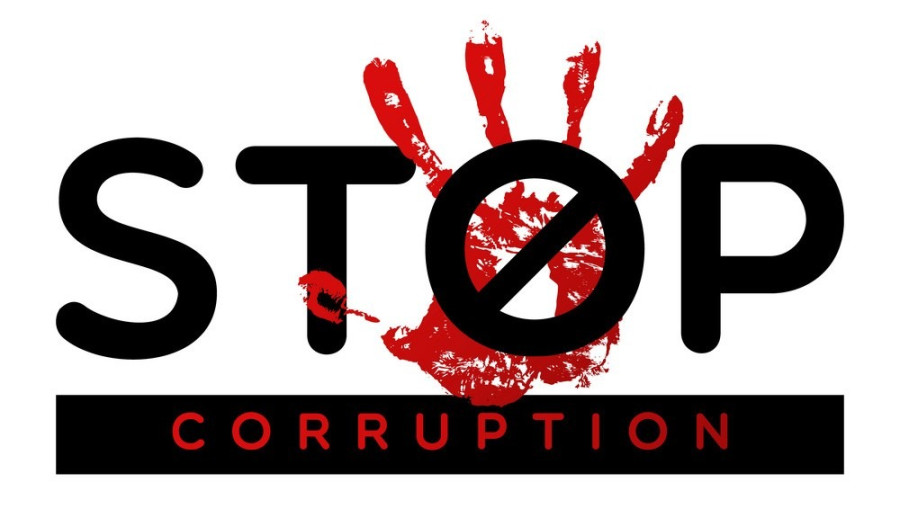Key steps to combat corruption in Kenya

Corruption has been a long-standing problem in Kenya, undermining the country's economic growth, social welfare, and political stability. Despite numerous efforts to combat it, corruption remains deeply entrenched in many aspects of Kenyan society, from the highest levels of government to the grassroots. To effectively tackle this issue, there are several key steps that need to be taken.
Strengthen anti-corruption institutions: Kenya's anti-corruption agencies, such as the Ethics and Anti-Corruption Commission (EACC) and the Directorate of Criminal Investigations (DCI), need to be given more resources and independence to effectively carry out their mandates. This includes providing them with adequate funding, staffing, and training, as well as ensuring that they are free from political interference.
Increase transparency and accountability: Transparency is a key weapon in the fight against corruption. The Kenyan government needs to promote greater transparency by implementing measures such as public disclosure of government contracts and tenders, open budgeting processes, and transparent procurement systems. In addition, public officials and institutions must be held accountable for any corrupt activities they engage in.
Empower civil society: Civil society plays a vital role in the fight against corruption, as they can monitor and report on corrupt activities and advocate for reforms. The Kenyan government needs to create an enabling environment for civil society organizations, including protecting their freedom of expression and association, and providing them with the necessary resources to carry out their work.
Strengthen the judiciary: The judiciary is a critical player in the fight against corruption, as it is responsible for prosecuting corrupt officials and ensuring that they are held accountable for their actions. The Kenyan government needs to invest in the judiciary, by providing it with adequate resources and training, as well as ensuring its independence and impartiality.
Promote ethical leadership: Finally, promoting a culture of ethical leadership is essential in the fight against corruption. Leaders at all levels of society must be held to high ethical standards, and must lead by example by refusing to engage in corrupt activities and speaking out against corruption when they see it.
The fight against corruption in Kenya is a complex and a challenging task. However, by strengthening anti-corruption institutions, increasing transparency and accountability, empowering civil society, investing in the judiciary, and promoting ethical leadership, it is possible to make progress in the fight against this scourge and build a more prosperous and stable society for all Kenyans.
